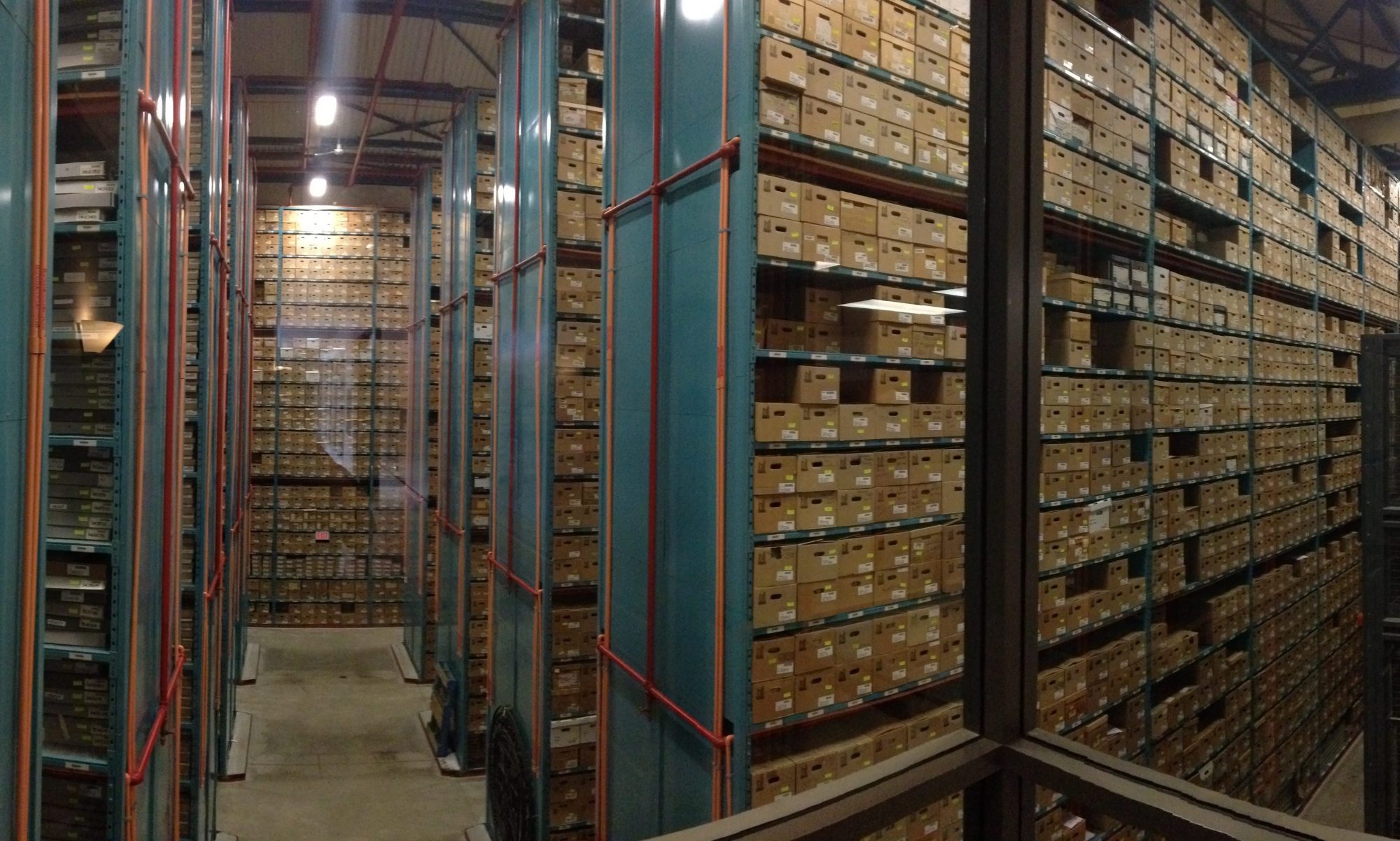The Classroom and the Future of the Historical Record: Humanities Education in a Changing Climate for Knowledge Production
The conditions under which history is documented are rapidly changing, affected by climatic shifts in how knowledge is produced and accessed. New modes of digital communication are creating new ways of capturing, preserving and sharing cultural artifacts, and of using them as evidence of history. Once the preserve of memory institutions, publishing the past now plays out across a huge variety of new media spaces and forms. Higher education, gripped by austerity, often welcomes this digitization of the historical record as a solution to the question of how to make the past “accessible” in tightening financial constraints. Yet while the technologies that deliver digital facsimiles to ever broadening publics have developed rapidly, education in how the public can participate in the making and critique of this new historical record has advanced more slowly. Social media platforms encourage the circulation of personal information, but this material is for the most part presented without provenance or context. Privatized and commodified, these documents and photographs become part of the business model of new media companies, without creating a better or more trustworthy record of the past. Lost in this process are the concepts, methods, and techniques necessary to advance the public production of the past as a common good.
Our project seeks to analyze and explore how higher education can respond to the climatic shifts in the production of history’s record. We seek to develop classroom-based practices for digital documentary and data literacy work that can help position higher education as a partner in the creation of the future of the historical record. By exposing our students to the ethical as well as technical choices made when documenting the past, we will prepare them to be better producers and critics of historical sources in the future. Our Collaboratory will harness existing initiatives at the University of Illinois at Urbana- Champaign, Michigan State University, and the University of Nebraska-Lincoln to create new pedagogical models that integrate documentary work into humanities education.
Click Here for an Informational Presentation on the CFHR Project!
